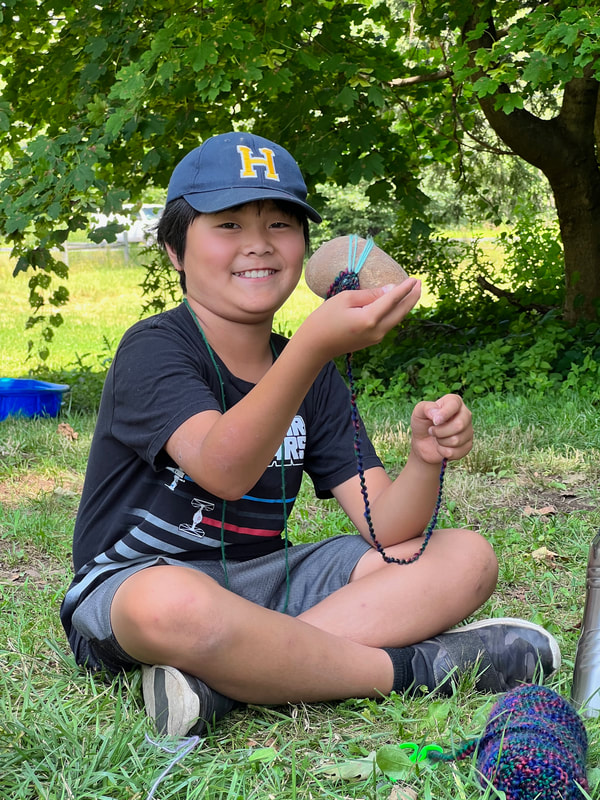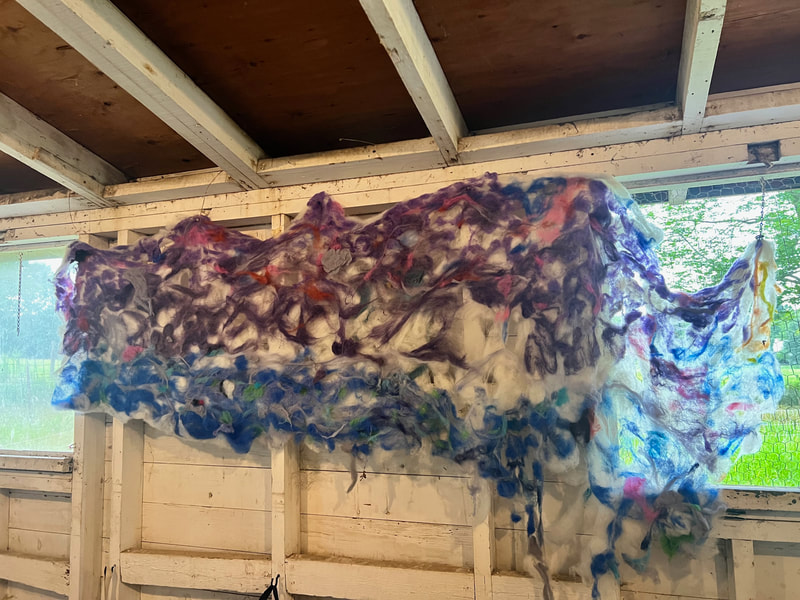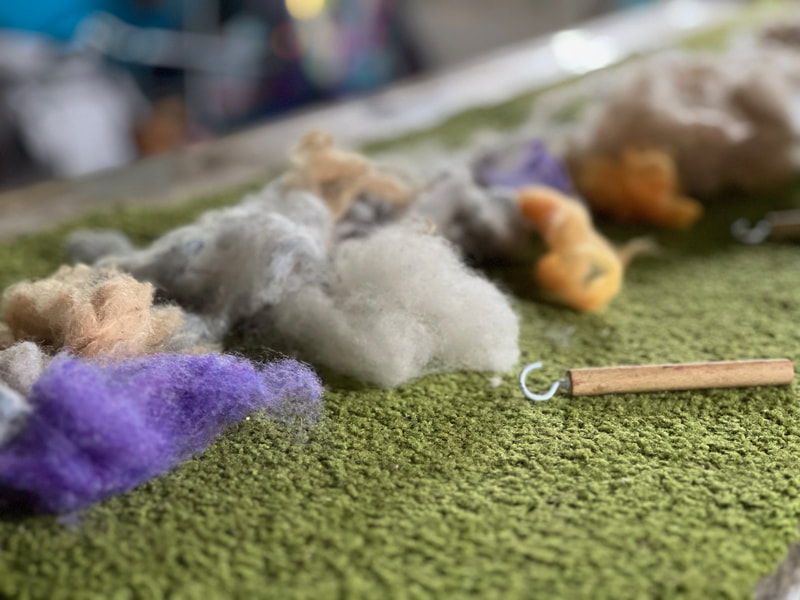|
The Basics:
• One-week sessions for campers who are rising 1st-6th graders plus leadership programs for rising 7th-12th graders • Monday through Friday, 9:00 a.m. to 3:00 p.m. with staggered drop-off in the morning starting at 8:45 a.m. •Campers may not attend more than two 1-week sessions. If you register for more than 2 sessions, we will need to cancel your additional sessions. • Maximum of 55 campers/teens per session for Summer 2024 • Low staff to camper ratios 2024 Summer Camp Dates: Session 1: July 8 - July 12 Session 2: July 15 - July 19 Session 3: July 22 - July 26 Session 4: July 29 - August 2 Session 5: August 5 - August 9 Session 6: August 12 - August 16 Session 7: August 19 - August 23 2024 Jr. CIT and CIT dates: Jr. CIT session 1A: July 8 - 12 Jr. CIT session 2B: July 15 - 19 Jr. CIT session 3A: July 22 - 26 Jr. CIT session 4B: July 29 - August 2 Jr. CIT session 5A: August 5 - 9 Jr. CIT session 6B: August 12 - 16 CIT Training Module: July 15 - 26 (M-F) A typical day at Farm & Garden Camp: 8:45-9:15 Campers Arrive (Staggered drop off) 9:15 Morning Circle 9:30 Farm Animal Chores 10:00 Snack 10:30 Farm and Garden Activities 12:15 Circle of Thanks/Lunch 1:30 Afternoon activities 3-3:15 Campers leave for the day * Activities: Campers rotate between The Children’s Garden, barnyard and animals, and agricultural arts including felting, cooking, and craft projects. Each camp day includes a rhythm and balance of being all together as one mixed-age farm camp community, and spending time with same-age peers in your camper group. |
Camper Groups:
Campers engage in age-appropriate activities at camp. As campers grow, activities grow with them. For example, campers in the Sprouts might focus on watering and bug picking in the garden, while Harvesters might help to build a new pea trellis or learn to save heirloom seeds. Every group has activities that are specially designed for their age and abilities. All groups emphasize teamwork and community. Sprouts focus on becoming familiar with the farm, exploring the fields, and safely interacting with the animals. Activities highlight sensory exploration, fine motor skills, and spatial/site/body awareness. Planters venture into further areas of the farm, expanding their geographic sense of place and space. They go through the process of felting from start to finish, including making plant-based dyes. Herders dig into themes of interconnectedness and ecology that underlie food systems. They take on more physically challenging tasks and do more complex, multi-stage activities. Harvesters explore physical and ethical facets of the harvest: tending and harvesting crops, raising and producing meat, food preservation, wild edibles, and more. Harvesters run the Thursday afternoon Farm Stand. Jr. CITs (Rising 7th-9th graders) and CITs (10th+ graders) -- See Teen Programs for details. |
This camp must comply with regulations of the Massachusetts Department of Public Health
and be licensed by the local board of health.



